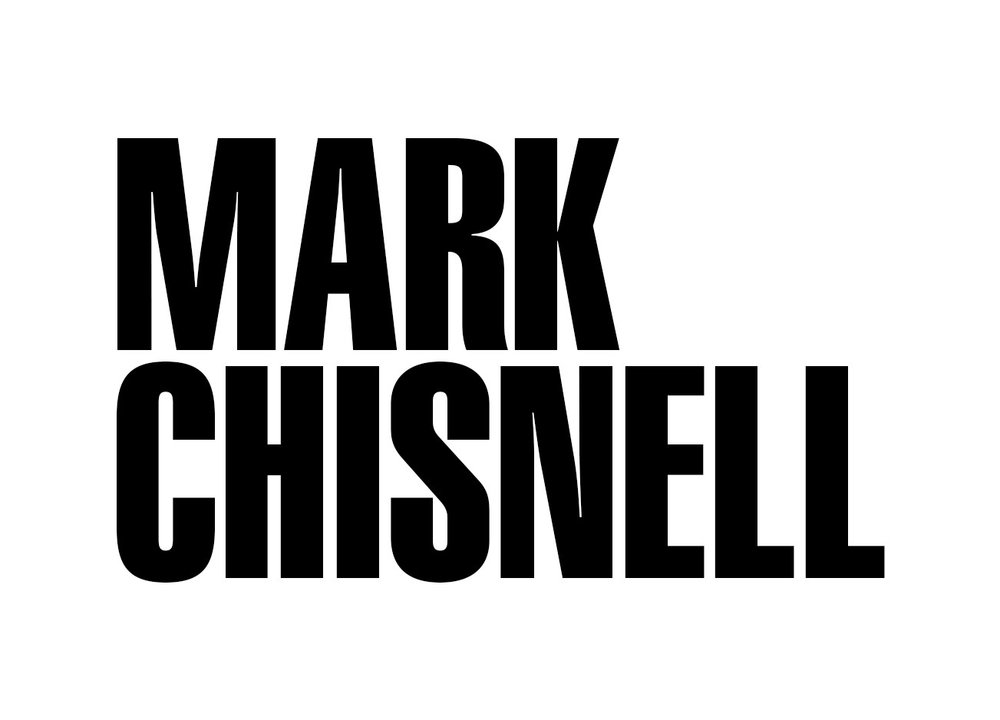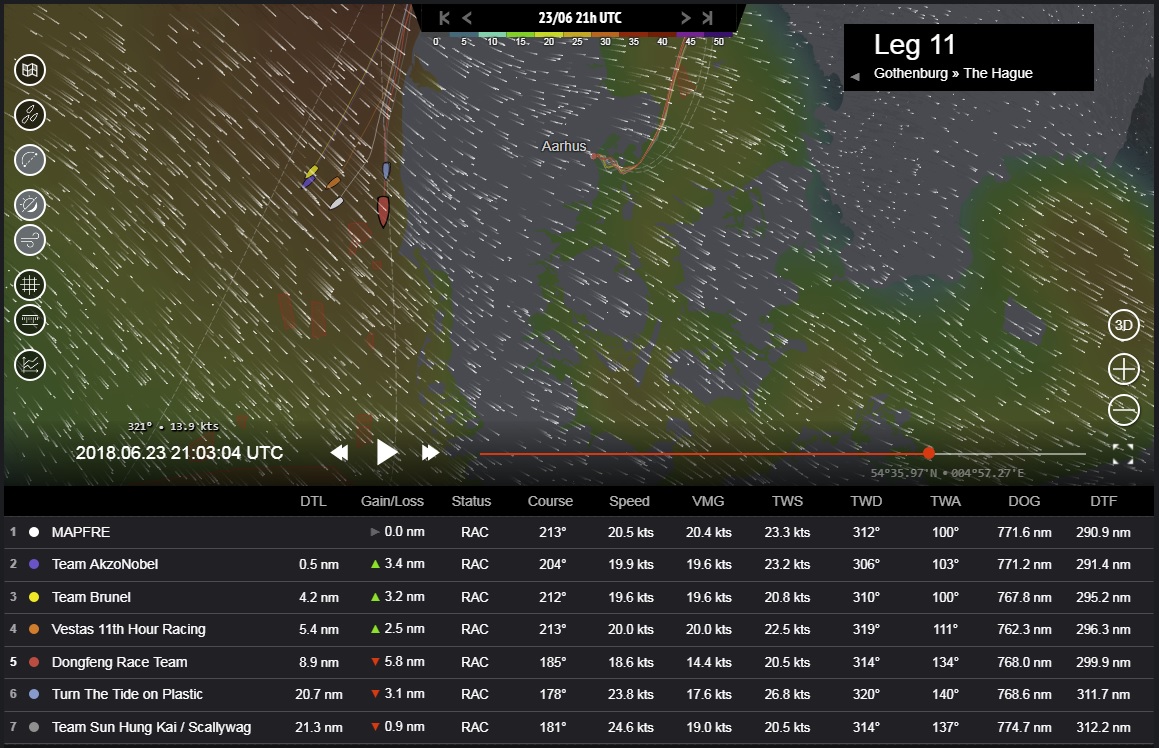The Volvo Ocean Race is over, and I’ve just delivered my final Strategic Review for the website. It was an incredible finish with three boats tied on equal points going into the final leg. It all came down to one final strategic decision.
It wasn’t a breakdown, an injury, a random cloud or a speed edge that settled it at the death – although those things and many others had all played their part in getting it to that point. It was the answer to the simple, game-defining question of all ocean racing; “which way are we going here?”
The answer to that question was particularly acute for the leader, MAPFRE. They were in the nightmare scenario; the two competitors for the overall title were safely behind them, and then the two boats split and went opposite ways on the last leg.
And those opposite ways required total commitment, because the two routes were divided by several exclusion zones that they were not allowed to enter. They had to make a choice, and once committed, it was final. All they could do was watch it play out, and try and go as fast as they could.
MAPFRE were a comfortable two miles and change in front of the second placed boat, Dongfeng Race Team when the Dutch title contender – Team Brunel – made her move to go the other way.
MAPFRE had to make a decision and do it fast; stay as they were and continue to cover Dongfeng Race Team, or change course and cover Team Brunel. No doubt they reworked the calculations of time, distance and the predicted weather on each route many times to try to decide… but I suspect there was some psychology involved as well.
They had been chasing Dongfeng for the whole leg until passing them a few hours previously. They could be forgiven for thinking that they had put them away, that they were beaten.
In contrast, they had in turn been chased and closed down by Team Brunel for most of the leg, and not just this leg, but for most of the last four legs. Team Brunel were the form boat, winners of three of four of the previous legs. Worse, they had sailed past MAPFRE in the last few miles of the previous leg in a spot not far from where they were now.
The memory of that pass could have weighed very heavily on MAPFRE’s decision making process. It might even have been decisive, even if no one ever voiced it in the discussion that must have gone on onboard. I’ve written a fair bit recently on the impact of cognitive bias in decision making – looking at the systematically flawed judgements that human beings are hard-wired to make.
A famous discovery by the pioneers in this field –Amos Tversky and Daniel Kahneman – was a bias called the availability heuristic; a predisposition to judge the frequency of an event based on how readily or available an example comes to mind. In trying to estimate how often something happens and therefore what the risk is — and how best to respond to that risk — people simply report the ease with which they can think of an example.
So if you ask someone in California to judge the risk of losing their home from an earthquake – and whether or not they should buy insurance – they will assess the risk as a lot higher the week after news of a big quake in China, than at the end of a couple of years with no newsworthy earthquake events.
MAPFRE (white) change course to go the western route with Dutch title contender Team Brunel (yellow).
t must have seemed to those onboard MAPFRE that Team Brunel were the greater risk. They had just been passed by them in the previous leg of the race. And it looked like it was going to happen again. They changed their strategy at the last minute to go with the Dutch boat.
And then they had to watch as Dongfeng Race Team came out in front of both of them to take the Volvo Ocean Race with a final leg win. It’s even more painful to record – from MAPFRE’s point of view – that when you look at the data, it appears that MAPFRE would have won whatever they had done, so long as they hadn’t changed their mind. The losses they took in the late change of strategy (covered more distance, did more sail changes and manoeuvres) was about the same as Dongfeng’s gain…
Sometimes, it’s not the decision that counts, it’s making the decision in a timely manner. MAPFRE had the Volvo Ocean Race trophy in the palm of their hands. All they had to do to close their fingers around it was make their minds up early, offshore or inshore? If they had committed to either route early, it’s very likely that they would have won. It was the late change of heart that cost them the title.
Only they know what drove them to change their strategy, but I’d wager a few pounds on the fact that the memory of Team Brunel’s pass in the previous leg was involved. Lesson? When you’re making decisions stick to the facts, not the feelings from the most recent experience.

